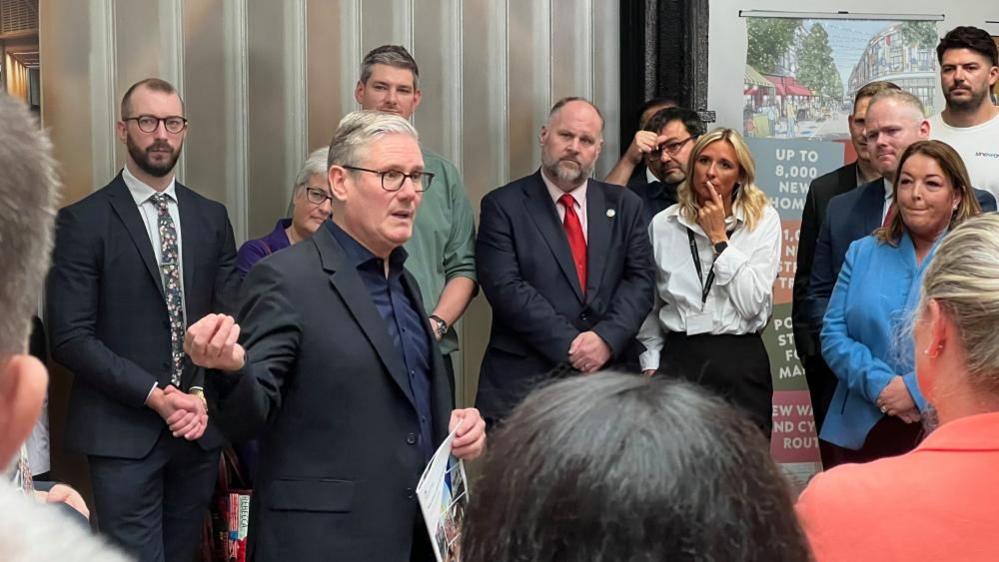Small businesses face massive challenges, says PM
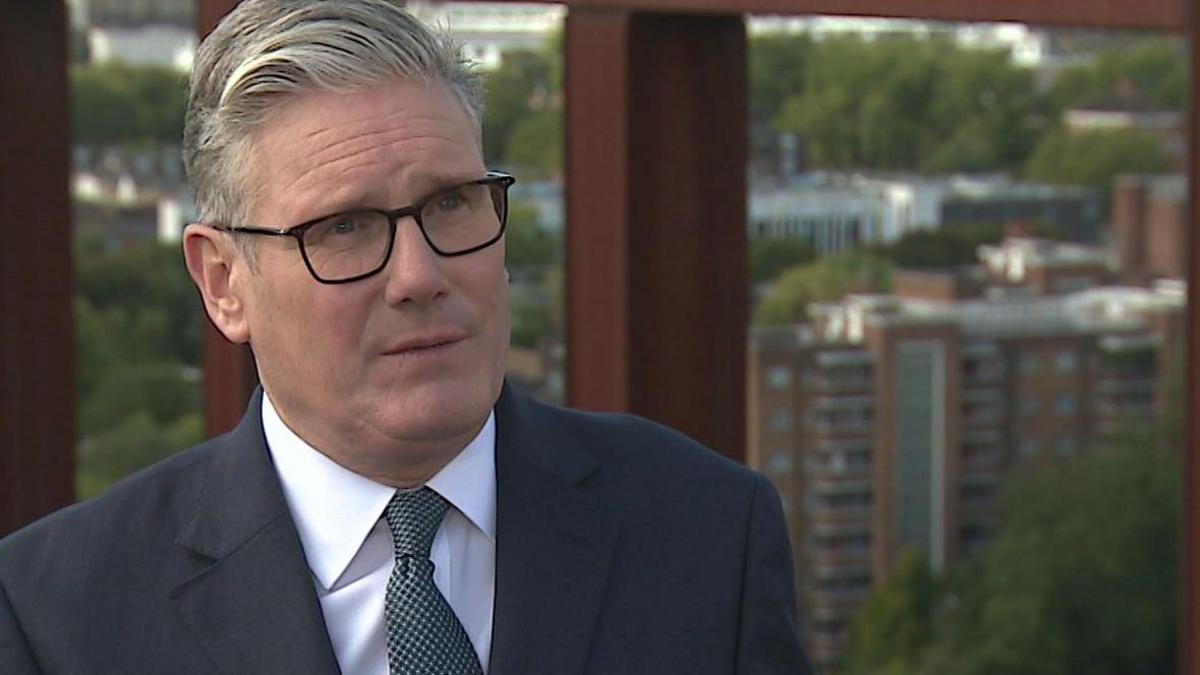
Sir Keir addressed the concerns of businesses in the East of England ahead of the Labour Party conference
- Published
The prime minister has said the government is "doing everything we can to support our small businesses" but knows they are facing "massive challenges".
Sir Keir Starmer was responding to concerns raised by firms in the East of England, including Stuart Searle, who has postponed recruitment at his company.
Mr Searle's said his wage bill had increased by £20,000 a year at the Cambridgeshire company, due to National Insurance (NI) and minimum wage increases.
Sir Keir said the government's recent small businesses plan put "provisions in place in relation to pretty well all the problems that they're facing".
Speaking to the BBC ahead of the Labour party conference, the prime minister said: "This was a plan that we actually worked on together with small businesses with a number of strands; very warmly received.
"Most of them said that the problems they've got are in terms of late payments, the supplies that are coming."
In July, the government revealed its Plan for Change which included £4bn more funding for business support.
New powers were announced for a small business commissioner, external, who would be able to fine larger firms which repeatedly failed to pay suppliers on time.

Stuart Searle said a lack of clarity from Westminster was stifling growth
Mr Searle runs First Mailing, a direct mail company in Huntingdon, and employs 22 staff.
He had budgeted to take on six more this year, but has not done so.
Increases in National Insurance and the minimum wage since April had added about 8% or £20,000 to his annual wage bill, the 57-year-old said.
"We're in a situation where we are now looking at the autumn Budget, and we're just slightly concerned that that might bring costs that we might struggle to meet," he said.
"Once we know that, then we can factor that into our next year's plan."
His business ebbs and flows in terms of its monthly sales, so "you have to think very carefully about what your costs are".
A lack of clarity about the government's fiscal intentions was "stifling the growth of our business", he added.
"I'm not sitting with a begging bowl, I'm sitting wanting information - and that's actually really, really vital to all businesses," he continued.
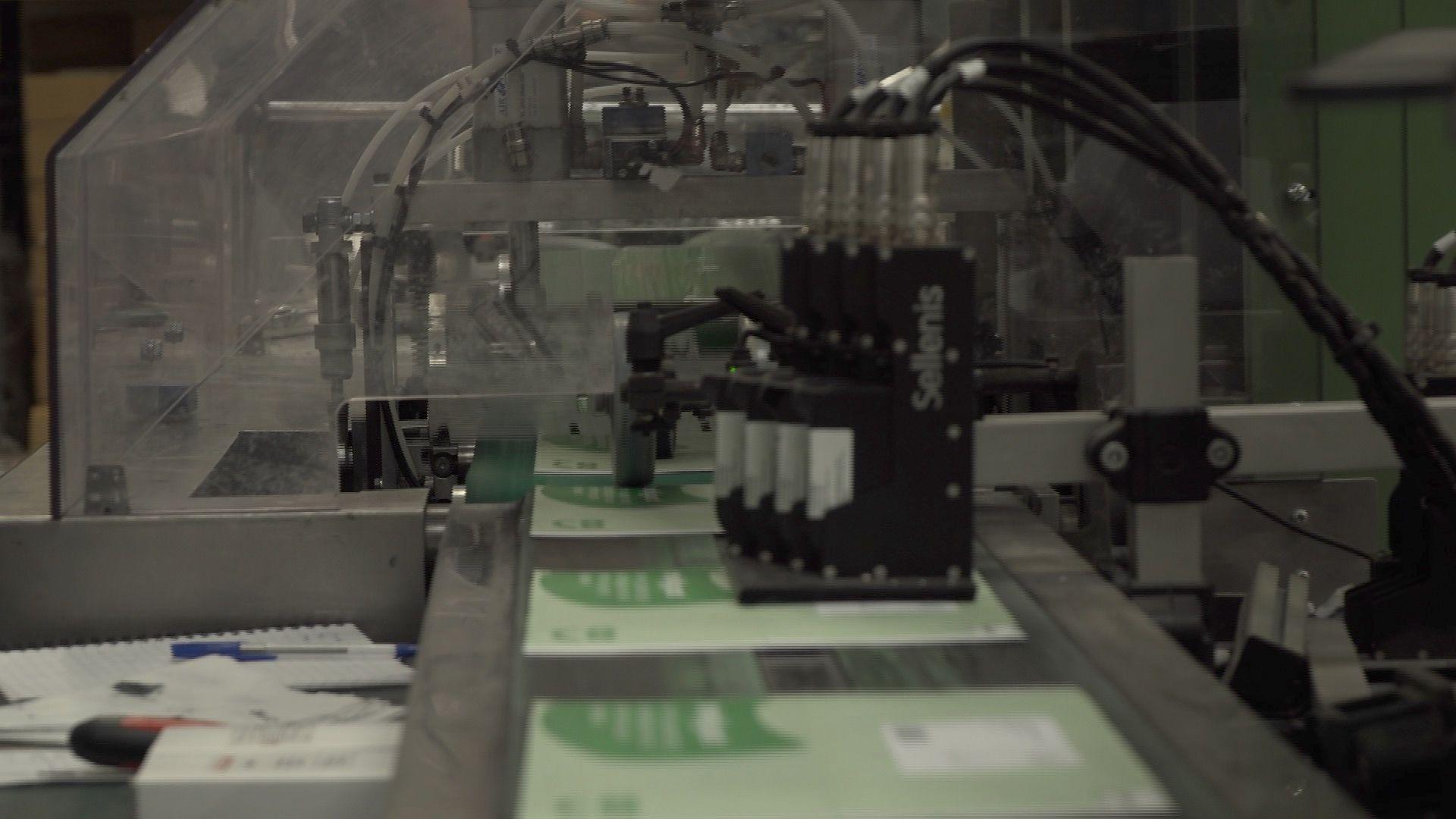
Mr Searle said the sector was still a positive place to be involved
Sir Keir said: "[What] I'd say to Stuart is that economic stability has to be the foundational stone of this government.
"It was three years ago this week that we had the experiment under Liz Truss over banding fiscal rules and we know what happened to small businesses as a result.
"I'm not going to let that happen again and that's why we had to take the measures we did in the last budget because in the end economic stability is the reason that we're getting investment into this country."
Employment data released by the Office for National Statistics (ONS), external on 16 September suggested that between March and June 2025, the number of jobs in the East of England fell by 1.7%, the biggest quarterly decrease since the first Covid-19 pandemic lockdown in 2020.
The ONS data suggested most of the jobs lost were self-employed roles.
Another set of figures from the ONS, external also showed the number of workers on company payrolls in the region had fallen over the past year - by 9,600.
That figure had been growing every month between December 2020 to July 2024.
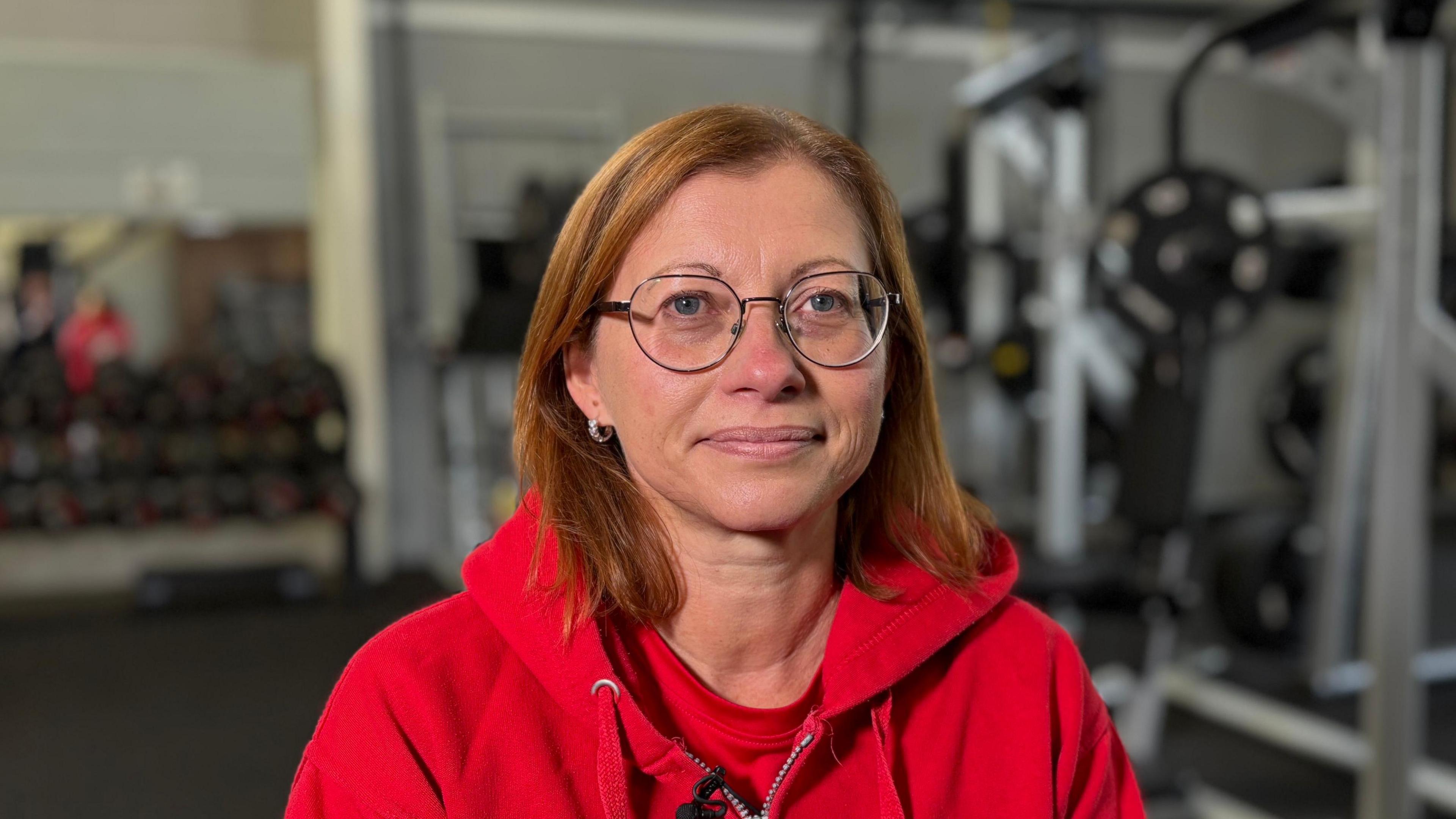
Mel Stollery's utility bills and business rates have shot up, she said
Before April, businesses paid National Insurance at a rate of 13.8% on employees' earnings above £9,100 a year.
But employers must now pay NI at 15% on salaries above £5,000.
The government said the changes to NI would eventually raise £25bn a year.
Mel Stollery, 52, is the co-owner of Just4YouFitness, a gym in King's Lynn, Norfolk.
She said its utility bills had doubled and business rates had increased by 75% in the past couple of years which was its "biggest challenge".
The business has taken what Ms Stollery describes as "one of the hardest decisions" - reducing staff levels from 10 to six over three years.
"We're a luxury item, so if everybody had more money in their pockets, we would get more gym memberships and then we would be helping more people," she said.
"Every time the headlines in the news are about the cost of living crisis, we do find sometimes a little drop off [in memberships]."
The lack of support and costs was restricting the growth of the business, she added.
Ms Stollery wants to see more money in people's pocket so they can afford luxuries such as gyms.
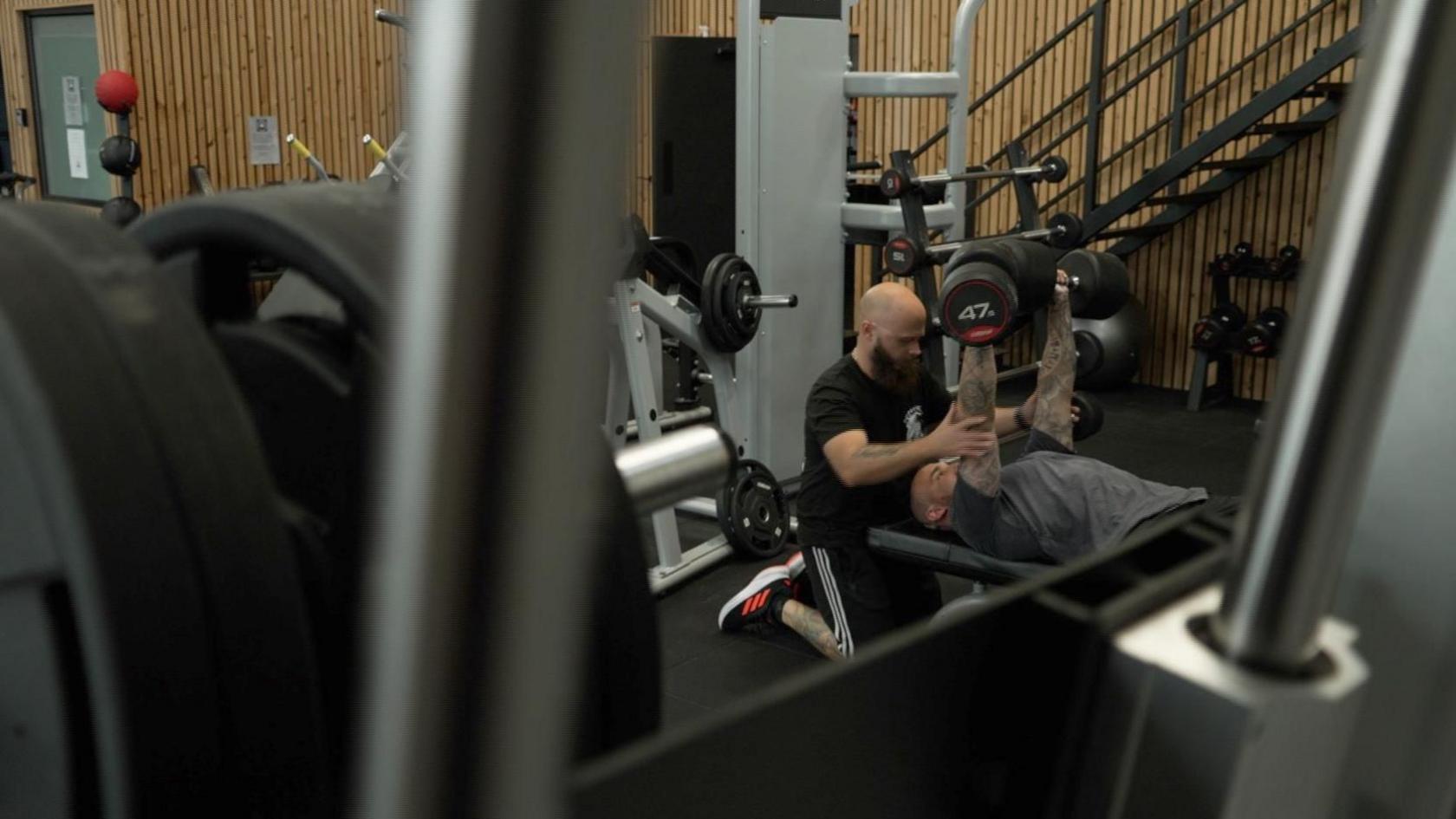
The gym has introduced unmanned hours, so members can attend without staff present, said Ms Stollery
Sir Keir admitted business rates had been raised a number of times by the government and it was "working to bring those business rates down".
"We do want to get more money into people's pockets... in the first year of this government, wages have gone up more in that year than they went up in the previous 10 years, so people do have a little bit more disposable income," he said.
"I'm not suggesting for a moment that they're well-off, or that the cost of living crisis is over, but there is a little bit more money in people's pockets which means they can spend a little bit more, which they usually spend in the local economy."
The ONS has said wages rose 3.4% in the final quarter of last year, compared with the same period in 2023, outpacing inflation.
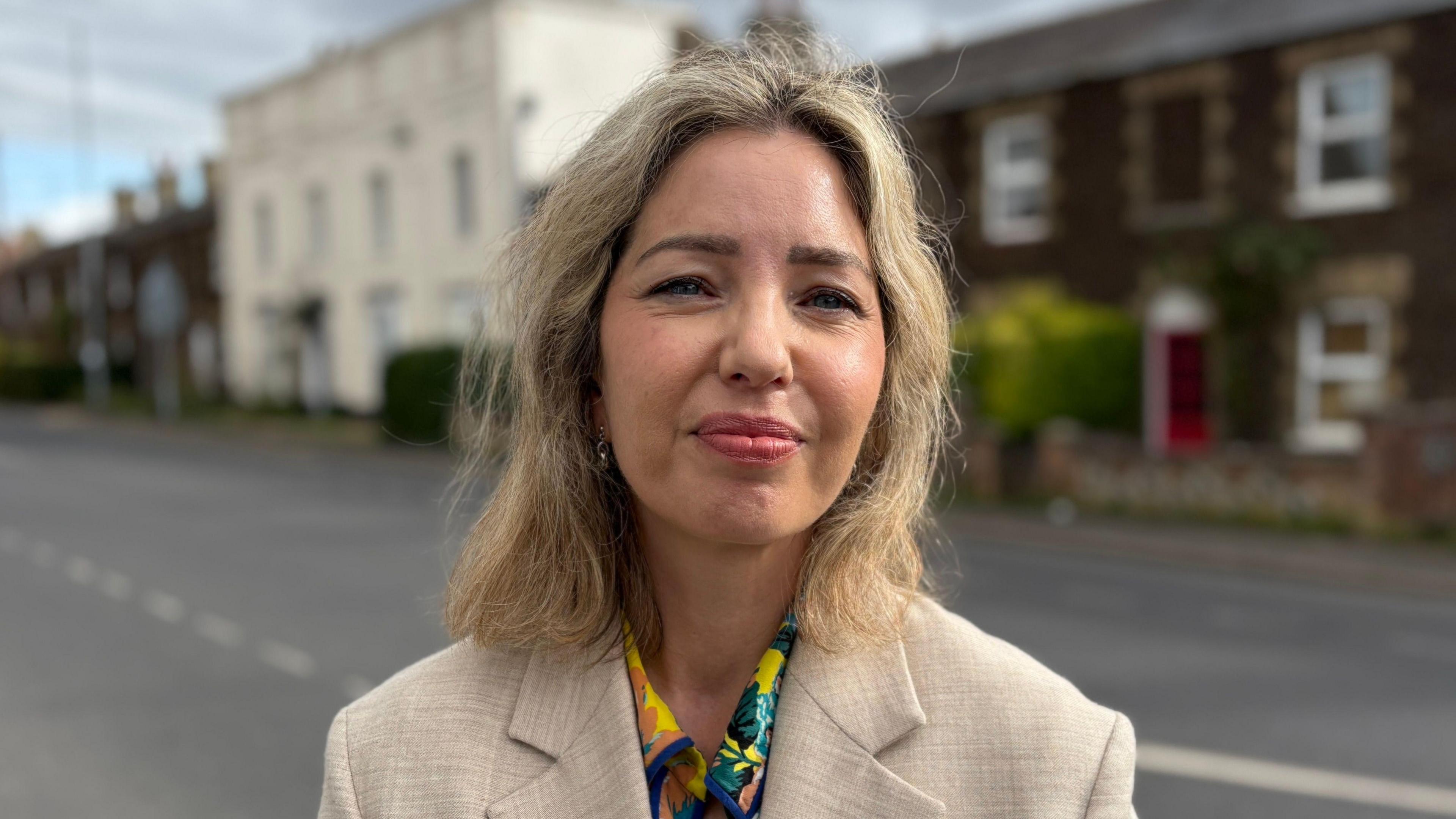
Candy Richards said the cost of employing staff for small businesses had increased significantly since the last Budget
According to the Federation of Small Businesses (FSB) in the East of England, 83% of its members said their costs had increased.
More than one in five have cut staff.
Candy Richards, FSB development manager for the region, said that small businesses were "finding it too costly to employ people".
She also says the government's Employment Rights Act, which is working through Parliament, is "another disincentive for small businesses to hire staff".
"What small businesses need [is] confidence to understand that the economy is going to grow; they need to see that the next budgets and reform coming to business rates has been promised; we need to see movement on the VAT threshold and we've really got to get the economy growing so that small businesses feel confident to grow the number of jobs," she explained.
Sir Keir said the government had "signed off £250bn worth of trade between the US and the UK" and this would "translate into jobs in every region, including the eastern region".
"And of course interest rates have now come down four or five times in a row which makes a big difference to businesses and of course to families," he added.
The Bank of England cut interest rates to 4% in August - the lowest level for more than two years.
Get in touch
Do you have a story suggestion for Cambridgeshire?
Follow Cambridgeshire news on BBC Sounds, Facebook, external, Instagram, external and X, external.
Related topics
- Published25 September
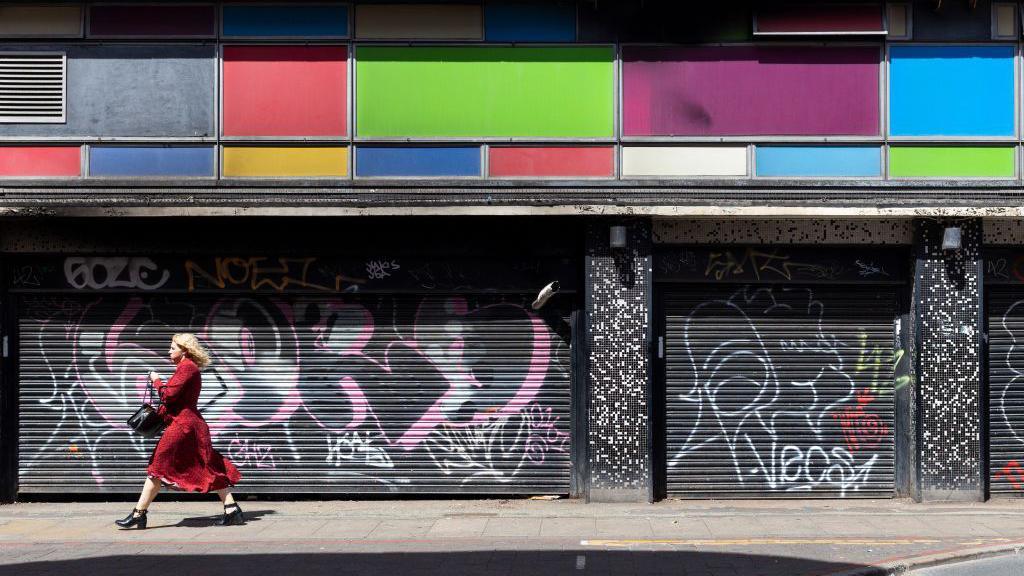
- Published31 July
